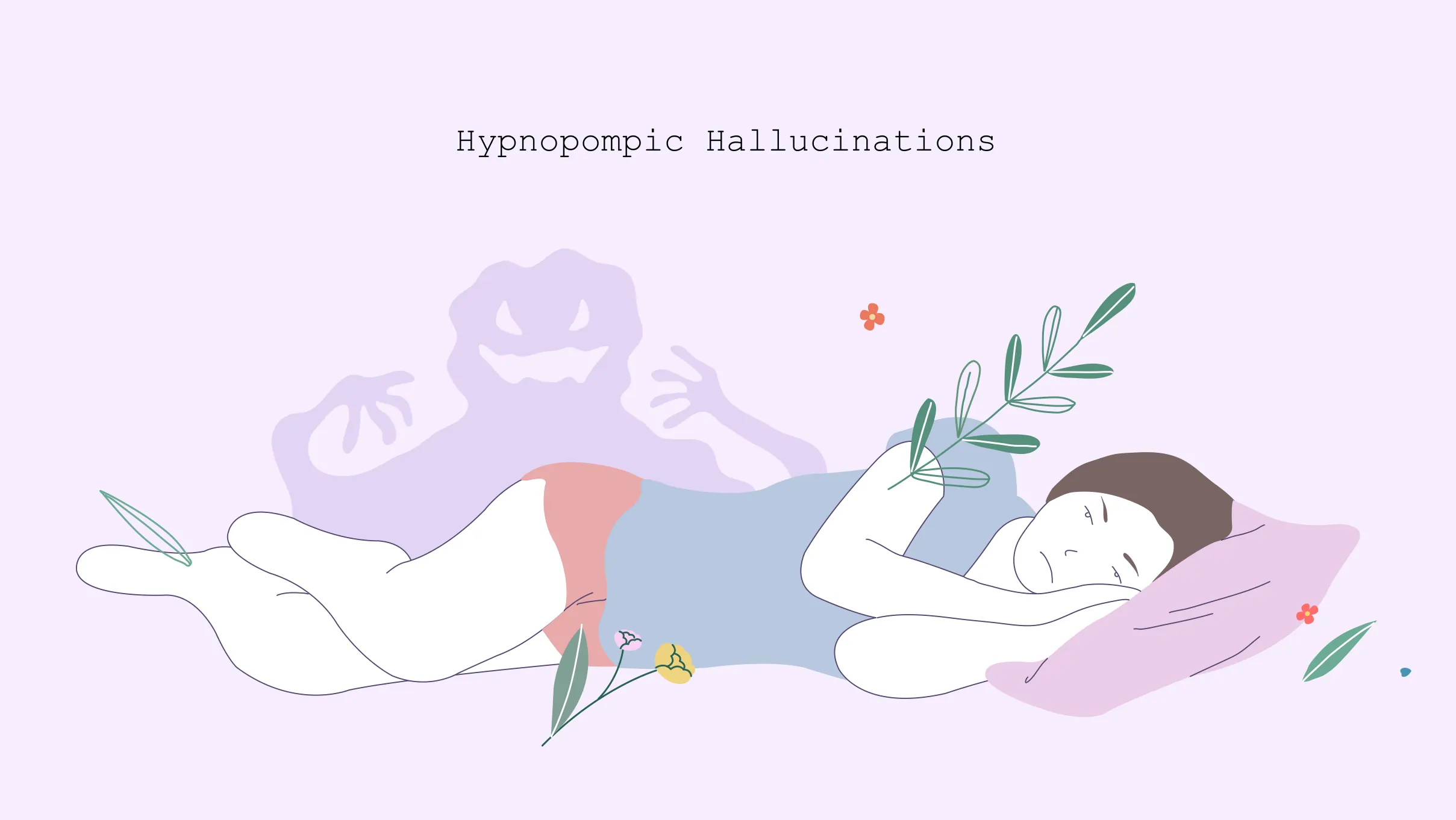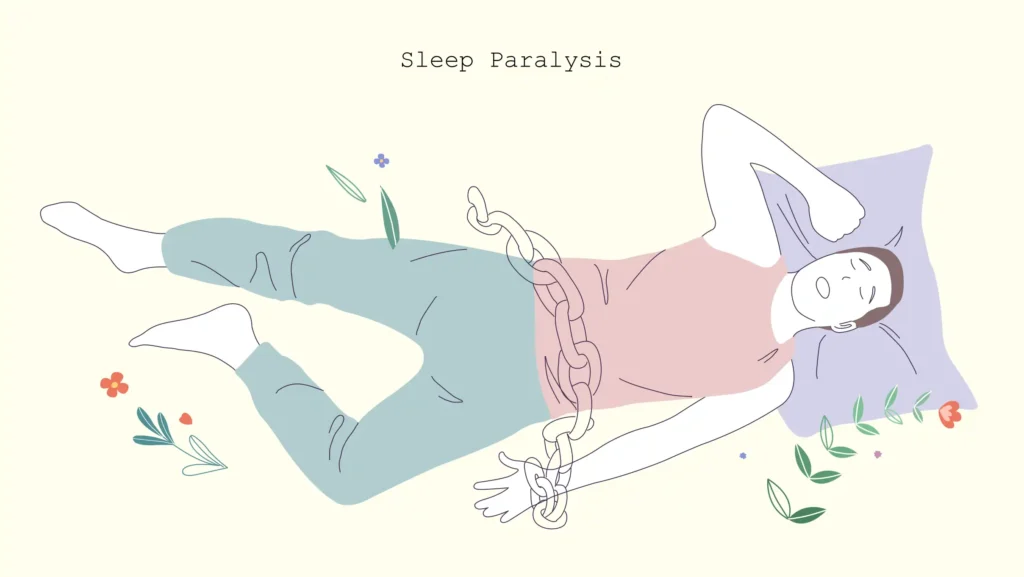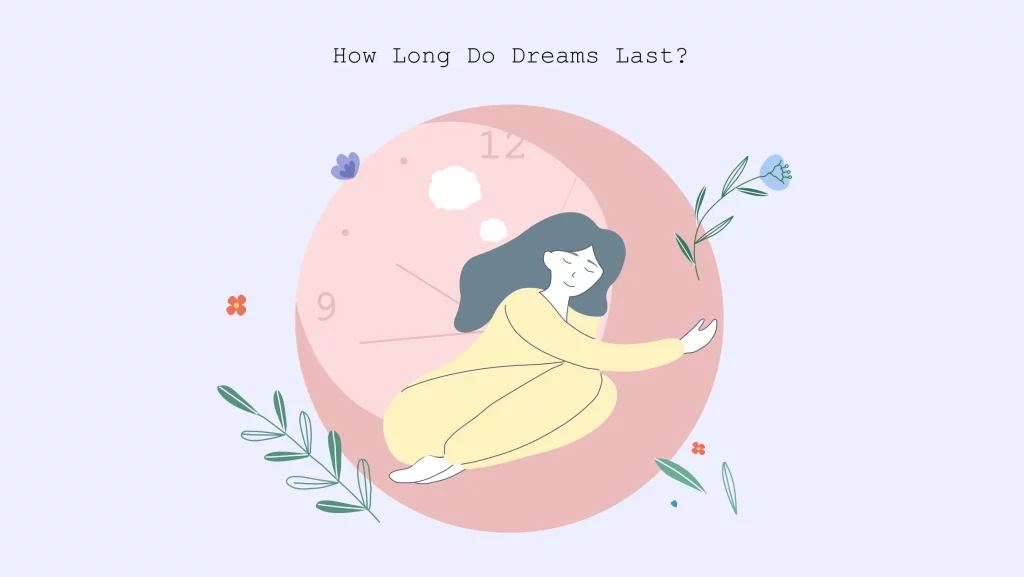What Are Hypnopompic Hallucinations
Written by


Table Of Content
Hallucinations are vivid dreamlike experiences that people mostly experience during the transition between sleep-wake cycles. Contrary to popular belief, hallucinations are a common occurrence and generally occur while falling asleep or waking up. Based on when they occur, hallucinations are categorised as hypnopompic or hypnogogic.
Hypnopompic hallucinations occur in the morning when the brain is in the transitional phase of dreaming and becoming fully awake. Hypnogogic hallucinations are mostly experienced while falling asleep.
This article offers detailed information about hypnopompic hallucinations, their causes, symptoms, and treatments. Sleep Guides India helps you learn about sleep hallucinations’ dangers and how they differ from nightmares.
What Are Hypnopompic Hallucinations
Hypnopompic hallucinations are the ones that you might experience while waking up and can seem quite real and frightening. These hallucinations often make you see, hear, and feel things that are not there. They are generally a continuation of dream sequences that extend into the first few seconds or minutes as you transition into a wakefulness state.
The impact of hypnopompic hallucinations is often quite unsettling and may make people feel disoriented for some time, even after they wake up. This is because you wake up from a dream that feels incredibly realistic, especially when it involves visual and auditory perceptions. This makes you unable to distinguish between reality and imagination for some time.
Are Sleep Hallucinations Dangerous?
Experiencing sleep hallucinations for the first time might be alarming as these are often believed to be caused by underlying mental problems. Moreover, in most cases, the hallucinations are often accompanied by sleep paralysis. However, sleep hallucinations are normal in most cases and do not indicate any underlying health problem.
What Causes Sleep Hallucinations
Several different factors may be responsible for causing various types of sleep hallucinations. Most people experience hallucinations as a part of the regular sleep-wake transitions. Other causes of hypnopompic hallucinations may include specific medical conditions. These conditions may include Parkinson’s disease, narcolepsy, and schizophrenia. In addition, alcohol and drug use, chronic insomnia, excessive anxiety and stress, and regular consumption of certain prescribed medications cause hallucinations.
Symptoms of Hypnopompic Hallucinations
Being aware of the hypnopompic hallucination causes is not of much use unless you are also aware of its symptoms.
The most common symptom of hypnopompic hallucinations is the sensory visual, auditory, or tactile experiences combined together while you are in the mental state between dreaming and waking up.
You may also have a bodily experience like disorientations of the body, a sense of weightlessness, a feeling of flying or falling, or even some out-of-the-body experiences. You may hear your name being called, people talking, or listen to animal or environmental sounds. You may also visualise images consisting of animals, people, shapes, geometric patterns, and even light flashes.
What’s The Difference Between A Hypnogogic Hallucination And A Dream
Given the vividity and realistic nature of both hypnopompic and hypnogogic hallucinations, it is quite common to confuse them with dreams. However, there is a significant difference between hallucinations and dreams; being aware of the same can help you manage your hallucinations more effectively.
Unlike hallucinations, dreams often follow a proper storyline, whereas, in the case of hypnopompic or hypnogogic hallucinations, you may briefly see or hear images and sounds. Dreams occur only when you are in a deep state of sleepiness. Alternately, hallucinations mainly occur when the mind transitions between sleepiness and wakefulness. Most importantly, when you wake up from a dream, your transition to reality is immediate, which is not the case with hypnogogic hallucinations.
How Do Hypnopompic Hallucinations Differ from Nightmares
Given people’s unsettling and often frightening experiences with hypnopompic hallucinations, it is pretty common to confuse them with nightmares. However, nightmares are way more frightening than hallucinations and tend to impact sleepers’ psyche profoundly.
The most crucial point of difference between hallucinations and nightmares is the time of their occurrence. Hypnopompic hallucinations occur during morning hours when the brain transitions from sleepiness to wakefulness. Nightmares, on the other hand, occur during the REM sleep cycle. In addition, hypnopompic hallucinations are made of simple sounds, images, and sensations, while nightmares are more complex dreams with actual storylines.
Unlike hallucinations, nightmares provoke strong emotions and hence are incredibly frightening. And the content of hallucinations is generally relatively benign and may include a kaleidoscope of visuals, sounds, and sensations that are part of your everyday life. Nightmares tend to be more traumatic and leave a lingering feeling in your mind, which is not easy to forget.
In some instances, hypnopompic hallucinations are accompanied by sleep paralysis, which can make them similar to nightmares. This happens when you feel awake but are unable to move your body. You might also feel the presence of another person in the room, accompanied by a sensation of someone or something putting extreme pressure on your chest. Such hallucinations have almost the same impact as a nightmare and tend to stay etched in the sleepers minds.
Treatment for Sleep Hallucinations
In most cases, sleep hallucinations do not need to be treated as they rarely affect sleep quality. However, some ways to treat the problem include the following.
Lifestyle Changes
Making lifestyle changes to reduce stress can go a long way in providing relief from sleep hallucinations.
Health Factors
If you are experiencing hypnopompic hallucinations due to some underlying health conditions, it is advisable to seek treatment without any delay.
Drugs and Alcohol
Reducing alcohol consumption and giving up drug abuse can also be quite effective in relieving sleep hallucinations.
When To See Your Doctor
Gaining an in-depth understanding of the meaning of hypnopompic hallucinations makes it easier to understand when to visit a doctor. If the hallucinations are infrequent and are not accompanied by any other symptoms, you may not need to see a doctor. However, if the hallucinations hamper the sleep quality and quantity seeking medical help is highly recommended.
Conclusion
Hypnopompic hallucinations are harmless extensions of a dreamlike state that occur before you completely wake up from sleep. However, in some cases, they might also indicate underlying mental or physical health issues or may even be caused by extreme stress and anxiety. Learning about these hallucinations’ causes and symptoms can help you lead a healthier life.
FAQs
How do I know what stage of sleep cycle my baby is in?
In the first stage, sluggishness, drooping eyes that may open and close, and dozing. In the second stage, there’s light sleep. The baby walks around and may jump or be startled by noises. In the third stage, there’s profound sleep; the infant is still and motionless. In the fourth or last stage, the baby is in a very deep sleep, calm, and not moving.
How long does it take for a baby to go into a deep sleep?
Compared to adults, babies sleep differently. Infants go out to light sleep. They enter a deep sleep after 20 to 30 minutes.
Do babies have sleep cycles?
Sleep periods for young babies last 50 to 60 minutes. Each cycle in early babies is made up of both calm and active sleep. During active sleep, babies wiggle around and groan, while during silent sleep, they fall asleep quickly. Newborns briefly awaken at the end of each cycle.
people like this article
Written by








